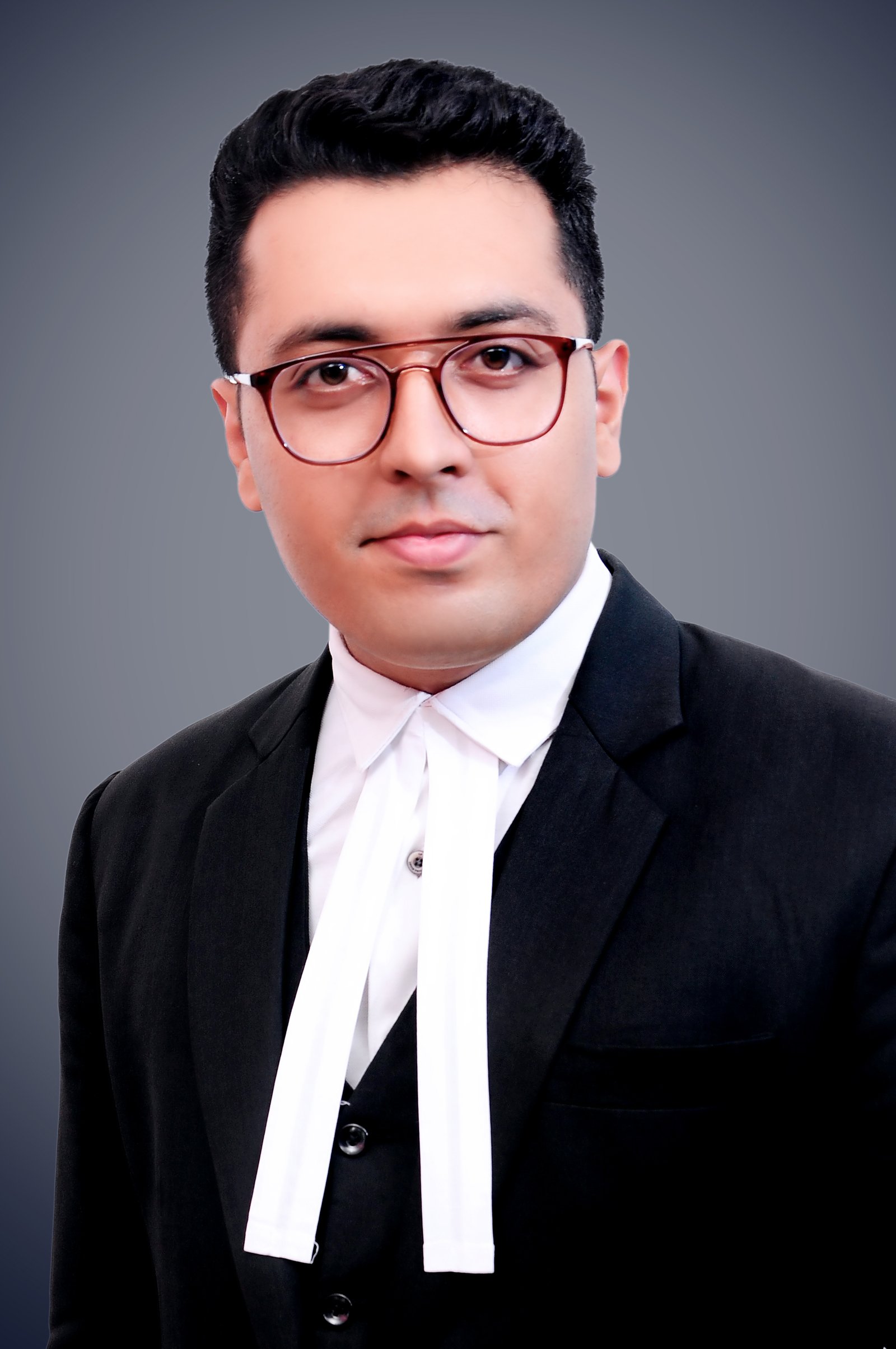The Toothless Tiger: Why Indian Prenups Fail & How to Truly Protect Your Family's Assets
An investigative analysis by Advocate Vishu Kushwaha

Advocate Vishu Kushwaha

In the corridors of wealth management and family law, a persistent myth endures: the prenuptial agreement. Seen in countless Western films as the ultimate shield against matrimonial claims, high-net-worth families in India often assume it offers the same ironclad protection. This assumption is a critical, and potentially costly, mistake.
The legal reality in India is that prenuptial agreements are largely toothless. They are not legally binding and can be challenged and often set aside by courts on grounds of being against public policy. They offer, at best, a 'paper shield'—a statement of intent with little real power to stop a determined claim on marital assets.
So, if the prenup is a dead end, how does a family protect its hard-earned, generational wealth from the complexities and claims of a potential future divorce? The answer is not a simple agreement, but a strategic structure.
Enter the Financial Fortress: The Private Family Discretionary Trust
This isn't just another legal document; it's a financial fortress. A Private Family Discretionary Trust is a sophisticated legal and financial instrument designed for asset protection and succession planning. The core principle is simple but powerful: assets are legally owned and controlled by the Trust, NOT the individual family member.
This single distinction changes everything. When assets are no longer in an individual's name, they fall outside the scope of 'personal assets' that can be divided in a divorce settlement.
"The fundamental shift is from individual ownership to trust ownership. A person cannot give away what they do not legally own. This is the bedrock of asset protection via a family trust."
How a Discretionary Trust Creates a Legal Firewall
To understand its power, let's break down the structure:
- The Settlor: The person who creates the trust and transfers their assets into it (e.g., a parent or grandparent).
- The Trustee(s): The legal owners and managers of the trust assets. They have a fiduciary duty to manage the assets according to the Trust Deed for the benefit of the beneficiaries.
- The Beneficiaries: The individuals who can potentially benefit from the trust (e.g., children, grandchildren, and their spouses).
- The Trust Deed: The constitution of the trust, outlining its rules, objectives, and the powers of the trustees.
The key lies in the word "Discretionary." In a discretionary trust, no single beneficiary has an absolute right to any portion of the trust's assets or income. They only have a hope, or 'spes successionis', that the trustees will exercise their discretion in their favour.
In a divorce scenario, this is the game-changer. A divorcing spouse cannot lay claim to a trust asset because their partner (the beneficiary) does not have a fixed entitlement to it. The asset belongs to the trust, governed by the trustees. While a court can consider the trust as a financial resource, it is significantly more difficult to attack a well-structured and properly managed trust than it is to claim a share of directly owned property, shares, or bank accounts.
Beyond Divorce: The Compounding Benefits of a Family Trust
While divorce protection is a primary driver, a family trust is a masterstroke of strategic planning with far-reaching benefits:
- Seamless Succession: It bypasses the often-contentious and lengthy process of wills and probate.
- Creditor Protection: It can shield family assets from claims arising from business failures or personal liabilities.
- Asset Consolidation: It provides a vehicle for professional management of diverse family assets.
- Caring for Dependents: It's an ideal structure to provide for minors or family members with special needs.
Building the Fortress: This is Not a DIY Project
Creating a robust family trust is a meticulous process that demands expert legal and financial counsel. It is not a template to be downloaded. Key considerations include:
- Timing: The trust should be established well in advance of any marriage, not on the eve of it.
- The Trust Deed: This document must be drafted with precision, outlining the settlor's intent.
- Choice of Trustees: Selecting the right trustees—with integrity and financial acumen—is paramount.
- Arm's-Length Operation: The trust must be managed as a separate legal entity to avoid being declared a "sham" by a court.
A Proactive Strategy for Generational Wealth
In the evolving Indian legal landscape, relying on outdated methods for protecting generational wealth is a gamble. The Private Family Discretionary Trust offers a proactive, strategic, and legally sound solution that provides peace of mind for today and a secure legacy for tomorrow.
Disclaimer: The information provided in this article is for informational purposes only and does not constitute legal advice. The establishment of a trust is a complex matter that requires consultation with qualified legal and financial professionals to address your specific situation.
